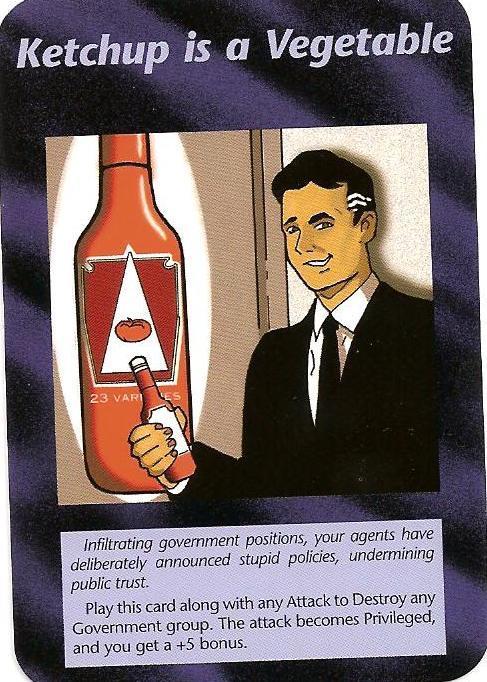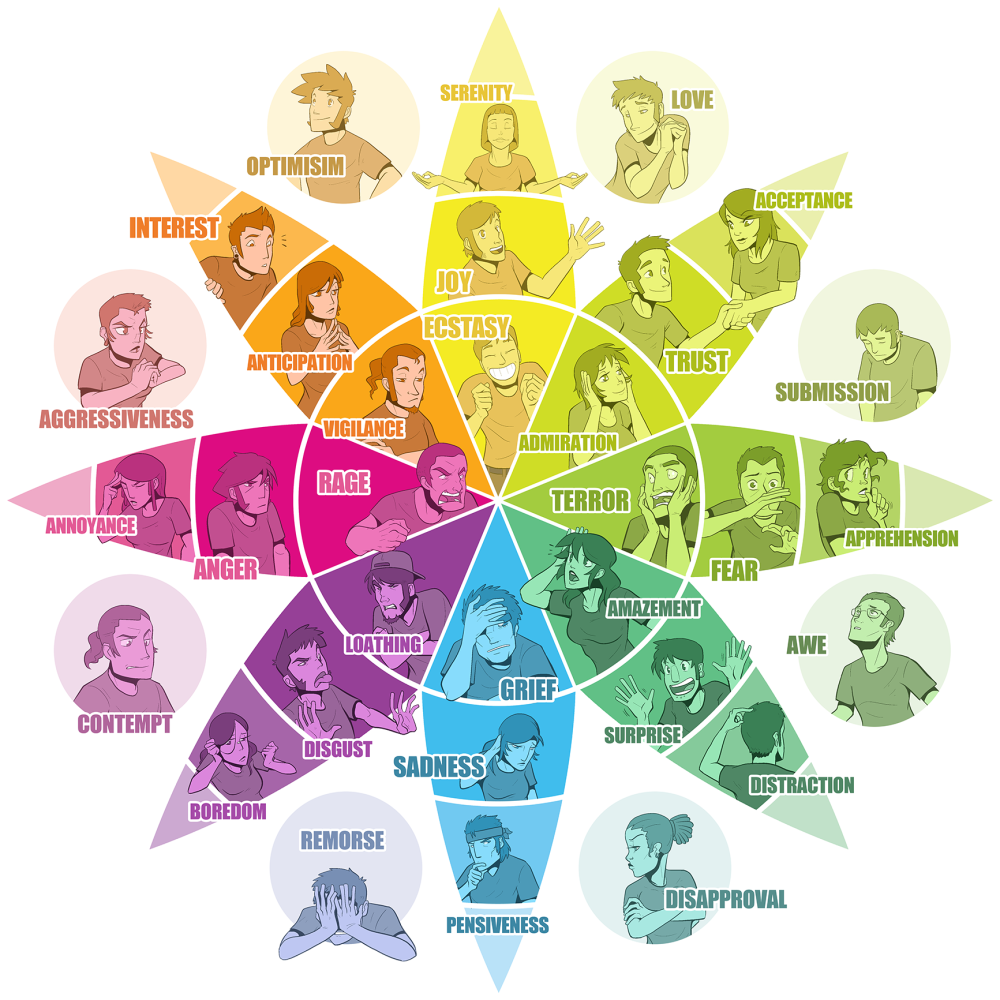Jealousy is a Vegetable

When we talk about jealousy, we often refer to two completely different things: Emotion and Action. It’s a vegetable as an emotion because it isn’t a real emotion and it’s a vegetable as an action because it’s just an excuse.
Emotion
The statement, “jealousy is an emotion” strikes me just as ridiculous as, “ketchup is a vegetable.”
It is often classified as such, but much like ketchup, it is actually something completely different that is often lumped together with emotions because that’s how it’s used – as a replacement for a real emotion.
One of the mandatory components of an emotion is the physiological or somatic component. This is actually a very effective way to identify what you’re feeling in stressful situations where you might not be completely rational. For instance, for me sadness manifests as a sinking feeling in the guts, admiration is a warmth in my chest and anger is a tension across my shoulders like a wound spring.
Jealousy doesn’t have a single somatic component. It seems to most often comes from fear or anger, sometimes from more than one emotion felt at the same time. This can really be physically felt in the body. The great thing about this is that it can help lead you to identify why you feel jealous. For instance if fear of the loss of your partner is a cause, then you can work together on building up trust, closeness and companionship.
Jealousy is a vegetable.
So… what to do if you feel jealous? Well, the first part is to identify what the real emotion is lying behind the jealousy. Once you do that, half the battle is already won. All of us deal with negative emotions every day. If you’re angry at your boss, you don’t hit them. If you’re scared of losing your friend, you don’t lock them in your room. If you are envious of your neighbor’s new car, you don’t just take it or throw paint on it. We deal with the typical root causes of jealousy every day: anger, fear, envy. Whatever works for you in non-romantic situations, use it also in romantic situations. If these emotions are too difficult to handle well in any situation, then external help is probably in call for – from friends, family or a professional.
References
- Solomon, R.C. (1976). The passions. Garden City, NY: Doubleday.
- Hupka, R. (1984). Jealousy: Compound emotion or label for a particular situation? Motivation and Emotion 8: 141-155.
- White, G.I. & Mullen, P.E. (1989). Jealousy: theory, research and clinical strategies. New York: Guilford.
- Parrott, W.G. & Smith, R.H. (1993). Distinguishing the experiences of envy and jealousy. Journal of Personality and Social Psychology, 64, 906-920.
- Eckman, P. (1999). Basic Emotion. In T. Dalgleish & M. Power (Eds.), Handbook of Cognition and Emotion (pp 45-60). New York: John Wiley.
Action
The other thing we mean by jealousy is the reaction to negative feelings. Once again, it is used as a catch-all word to describe an action or a set of actions. More precisely, it is used as an excuse or justification for what would otherwise be considered totally inappropriate or abusive. Here are some examples:
| Jealous Action | Otherwise Called |
|---|---|
| Checking Phone | Stalking |
| Monitoring Position | Stalking |
| Calling Names | Verbal Abuse |
| Throwing Plates | Assault |
| Slapping | Battery |
| Cutting Up Clothes | Vandalism |
| Throwing Belongings Out | Vandalism or Larceny |
| Changing the Locks | Illegal Eviction |
| Locking Someone In | False Imprisonment |
| Taking Car Keys | Theft |
| Spreading Rumors | Defamation of Character, Slander or Libel |
| Threatening Harm to Perceived Rival | Intimidation |
While you may think that some of these actions are quite extreme, they are surprisingly common and accepted (half of this list has happened to me). Think of popular media portrayals of such actions in the case of jealousy – in romantic comedies for instance. Think of the same situation with a housemate or friend. In the first scenario, people are much more likely to shrug it off, blaming it on jealousy but otherwise doing nothing about it. In the second scenario, people are more likely to get outraged, call the police or sue. In my opinion regarding them as signs or expressions of love is completely and utterly wrong. It doesn’t matter if you are or were in a romantic relationship; these kinds of actions are abusive, violent, destructive and illegal. They should be treated as such in society as well as in the popular media.

